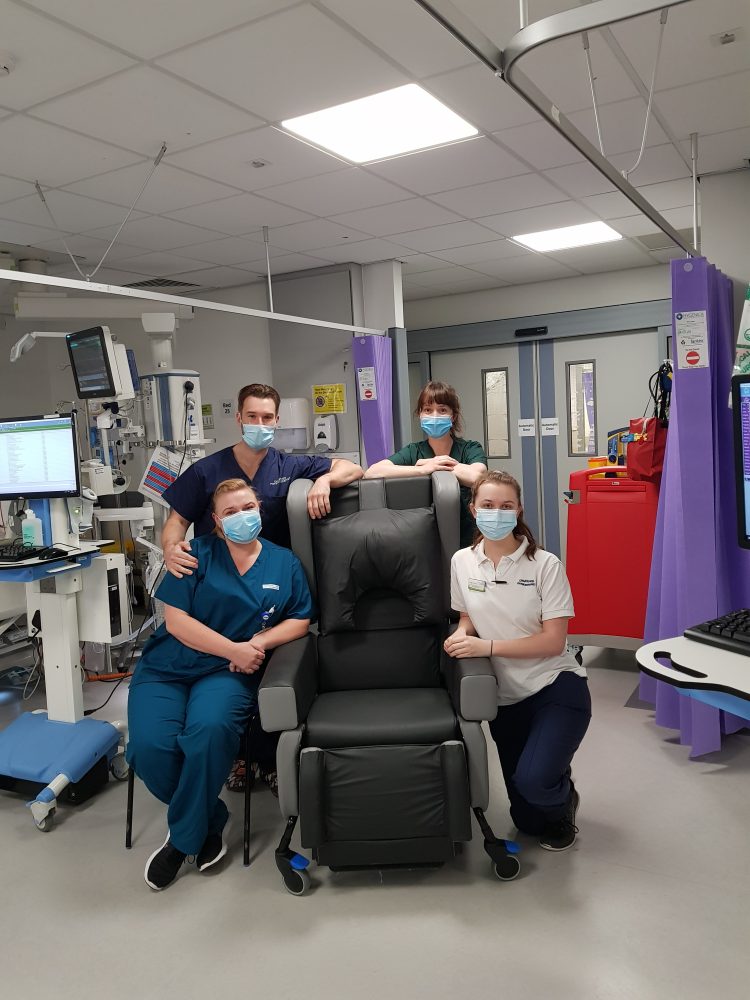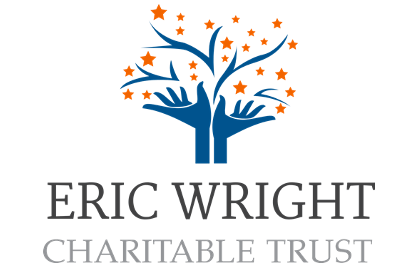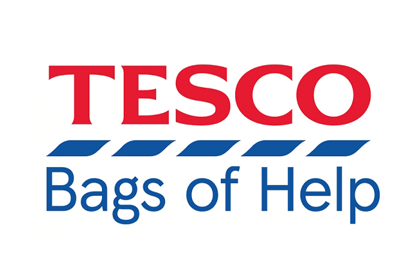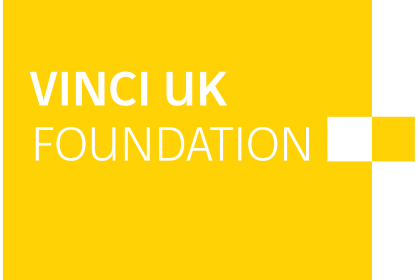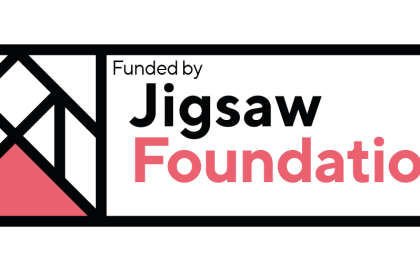
Primary school pupils in Oldham are learning ways to feel happier after completing the Hummingbird Project, a six-week course delivered by MedEquip4Kids.
This was made possible thanks to a grant from local housing provider Jigsaw Homes Group, which provided £3,000 of funding through its Jigsaw Foundation in addition to supporting the project in the previous year. The funding benefited 60 pupils across two schools; Broadfield Primary School and Burnley Brow Community Primary School, which are located in areas where a high proportion of Jigsaw Homes residents live.
One in six children and young people are now thought to have a diagnosable mental health condition such as anxiety, depression, obsessive-compulsive disorder or an eating disorder. In response to the crisis in children’s mental health, the Hummingbird Project was developed by MedEquip4Kids, working in partnership with psychologists at the Universities of Bolton and Chester, and more recently the Open University.
Based on principles of Positive Psychology, the course covers topics such as happiness, kindness, mindfulness, strengths, gratitude, growth mindsets, hope and optimism. The sessions include mindfulness meditations, sensory experiences like rating different smells, using character strength cards to find your unique strengths, and fun activities like the hula hoop challenge, which teaches about resilience and teamwork.
The Hummingbird sessions are designed and taught by MedEquip4Kids staff Ian Platt, a psychology postgraduate from the University of Bolton, and Sonia Ebenezer-Bamigbayan, a teacher and schools counsellor, who also recently completed her postgraduate degree in Positive Psychology and Counselling at the University of Bolton.



What teachers said about the project:
“The session on character strengths was particularly good for the children – nice to see that they had different strengths. It’s been lovely to have that weekly time to develop our mental wellbeing.”
“The project has helped with meditation, using happy memories to help us when we feel sad. Being thankful for the small things. Thinking about our strengths. Built confidence.”
“[Pupils have learned] an awareness of themselves and others. Growth mindsets – how can they be resilient?”



What pupils said about the project:
“It always made me feel calm and helped others.”
“You could learn lots of different things in the Hummingbird Project like how to manage our emotions when we’re angry.”
“Hummingbird Project helps you to feel better and to think about good things about you. It also helps us feel relaxed.”
“[What] I find good about the project is that you learn about being kind.”


The Jigsaw Foundation provides £450,000 a year to support local projects run by charities, resident and community groups, voluntary organisations, social enterprises and partner agencies. Residents and groups can apply for projects that make a real difference to people’s lives and their communities.
Catherine North, Hummingbird Project Manager at MedEquip4Kids, said: “We are so grateful to the Jigsaw Foundation for supporting our work in Oldham. As you can see from the comments above, the project is having a positive impact on young people’s wellbeing, resilience and hope. All this is made possible by the generosity of our donors.”
Chelsea Evans, Neighbourhood Engagement Officer at Jigsaw Homes Group who helps manage the Foundation fund visited the project and said: “The children were clearly enjoying being part of the project and were very much engaged with the sessions. It was wonderful to hear from their teacher about the huge impact this had had on the way the pupils interact with each other in and out of the classroom and it is great to see how our funding has really helped benefit them through this brilliant project.”
Use the button above to register your interest in the Hummingbird Project and sign up for our newsletter.





